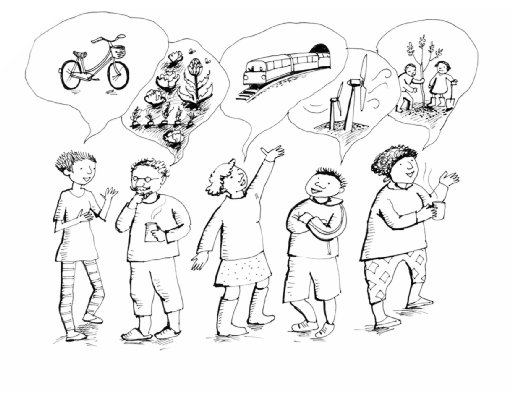
Hollow eggs are one thing. Hollow promises are another, writes Scott Willis.

Our neighbour Francis introduced a great element to the search that has become tradition: filling (emptied) real eggs with coloured paper dots that the kids then break on each other's heads or on the heads of any adults in proximity (i.e. sugar free and lots of fun).
In many ways the Easter egg hunt is a cultural tradition much like election year. Easter is one long weekend a year. General elections are held once every three years and like Easter, they involve wrapping up things in shiny packages and the excitement of search, discovery and consumption. Unlike in Australia, participation in the New Zealand general election is not obligatory, but many of us do participate in this important tradition.
And it is our job, in election year, to search out those special policy eggs among the cheap and nasty ones, and give them our attention. In doing so, we can also send a message for all political parties to consider: ''here are the things we think are important!''.
So here then, are my hopes and my excitement at the search. I don't want to unwrap a cheap hollow chocolate egg. The things I'm looking out for are particularly to do with energy and our environment, and will ideally be something good to bite into. What are the ideas or policy that would deliver good results? My approach is to ask questions, and listen carefully to the answers.
1. How will we address fuel poverty in New Zealand? The Warm Up NZ programme has had some good success over the years, but its focus has been on outputs (number of homes receiving ceiling and underfloor insulation) rather than outcomes (a comfortable indoor environment that doesn't cost the earth).
Researchers estimate that there are still between 600,000 and 900,000 homes lacking even minimum insulation in New Zealand. We now know that there's a saving of $6 in return for every $1 spent on addressing fuel poverty. I'm interested in what ideas there are for eliminating fuel poverty in New Zealand.
Does it mean reinstating the Warm Up NZ programme and expanding it? Does it mean resourcing the front-line NGOs who deliver charitable services? Could we hope for a solid target to eliminate fuel poverty in New Zealand and a plan to get there?
2. Back in 1997 the electricity sector was substantially re-regulated by the Government. We've ended up with an incredibly complex electricity ecosystem, involving a wide variety of ownership and control arrangements and a growing intricacy of regulation that involves yet more layers of experts to disentangle. It also prioritises profit over service.
How can we enlist the ever-evolving technological advances to deliver greater security of supply, greater social and environmental service? It's unlikely that anyone will re-nationalise our state assets, but what other mechanisms are there?
Governments regulate energy markets, both for supply and demand. Could we reinstate the Electricity Commission's older purpose to ''ensure electricity is produced and delivered to all consumers in an efficient, fair, reliable and environmentally sustainable manner''? I'm really looking forward to what treats will be offered to improve our electricity sector.
3. The government goal of achieving 90% renewable electricity generation by 2025 has been around for some time. However, all the signals are that this target won't be reached without firm guidance. I'm not alone in wanting to see a plan to get to at least 90% renewable electricity generation.
I think we can do much better and I'm looking for the concrete steps that ensure we rapidly transition away from coal- and gas-fired power stations with yearly progress towards exceeding the 90% goal.
4. The Emissions Trading Scheme was intended to reduce carbon emissions. It is clear that it has not worked. New Zealand's greenhouse gas emissions are simply continuing to rise. What then might be offered? Whatever happens to the ETS, I'd like to see consideration given to what James Hansen has referred to as a ''carbon fee-and-dividend (in which an across-the-board rising carbon fee is collected from fossil fuel companies at the domestic mine or port of entry, with 100% of the money given to the public, an equal amount to each citizen)''.
It is clear that we as a country need to do much more to reduce our emissions. It is imperative that we work for a future where our climate is protected. What economic mechanisms could be proposed and adopted to do more?
Whether Easter has religious importance for you, or is a time for neighbourhood Easter egg hunts, or is time with family and friends, it is a good time to remember that we're all in this together. Together we can create a fair and sustainable society. So election year isn't just about sweet treats.
It is also about looking beyond the wrapping and getting involved in important conversations and decisions. At the end of our neighbourhood Easter egg hunt some eagle-eyed children have very full baskets, while some, often the smaller children, are definitely lacking.
That's where some judicious parental re-distribution of Easter egg wealth is important. And that's another thing we can think about this year: how can we best share the goodies for a sustainable and fair society, while caring for our environment?
-Scott Willis is the project manager of Blueskin Energy Ltd. Each week in this column, one of a panel of writers addresses issues of sustainability.












